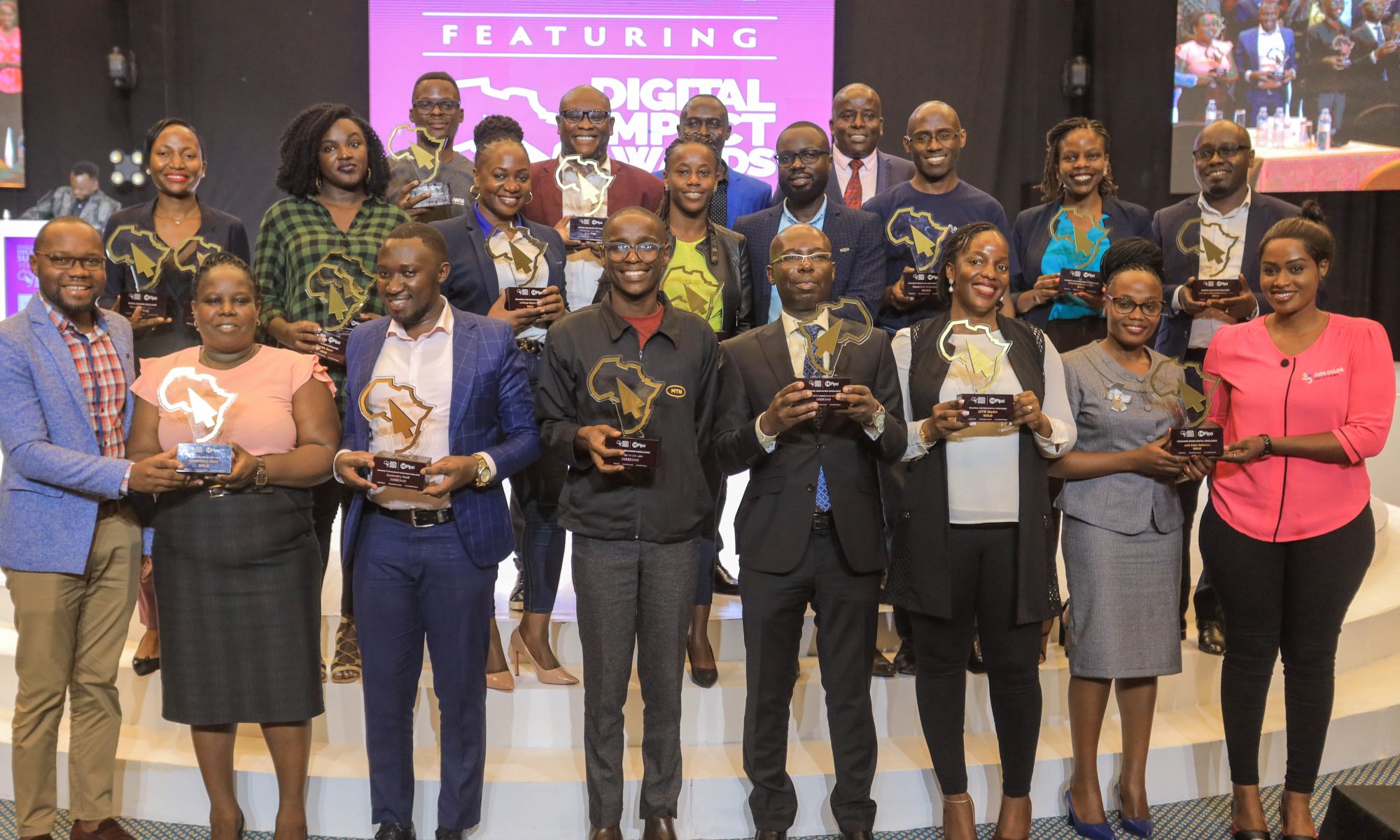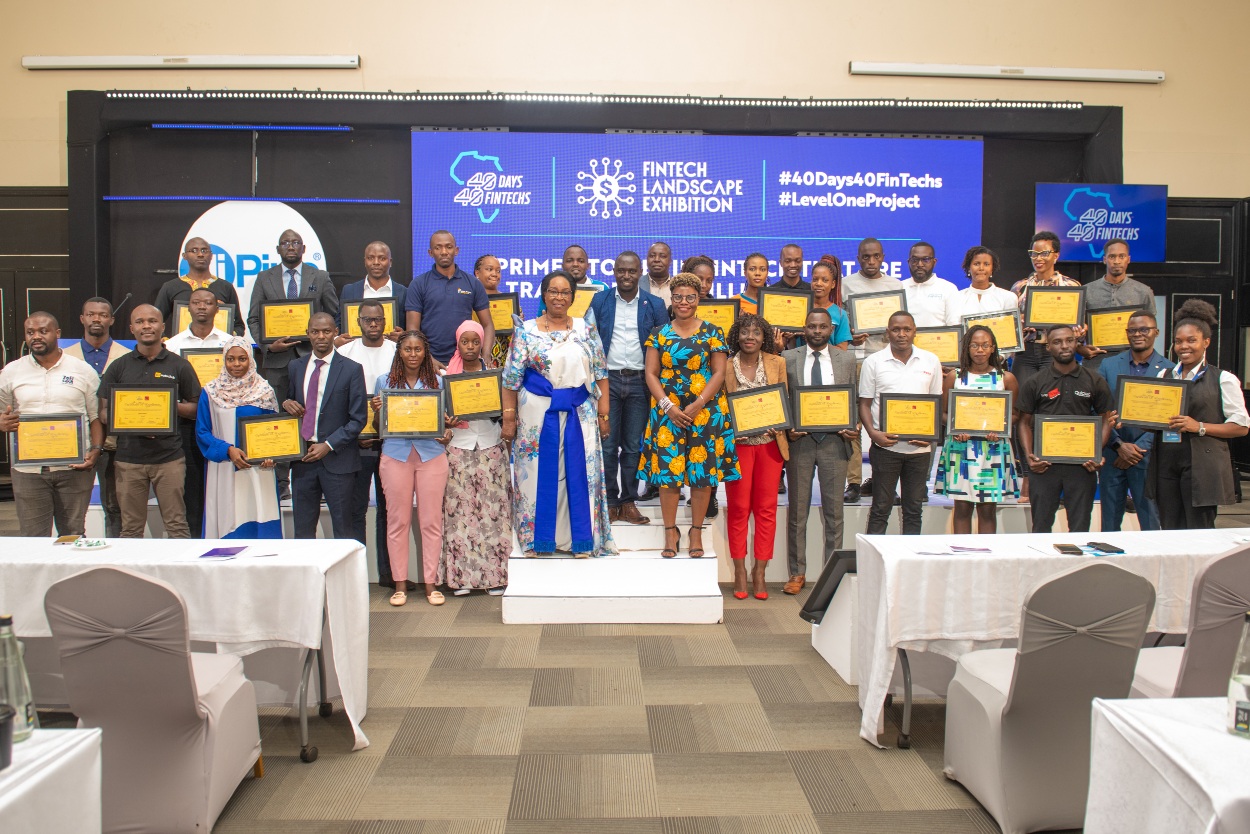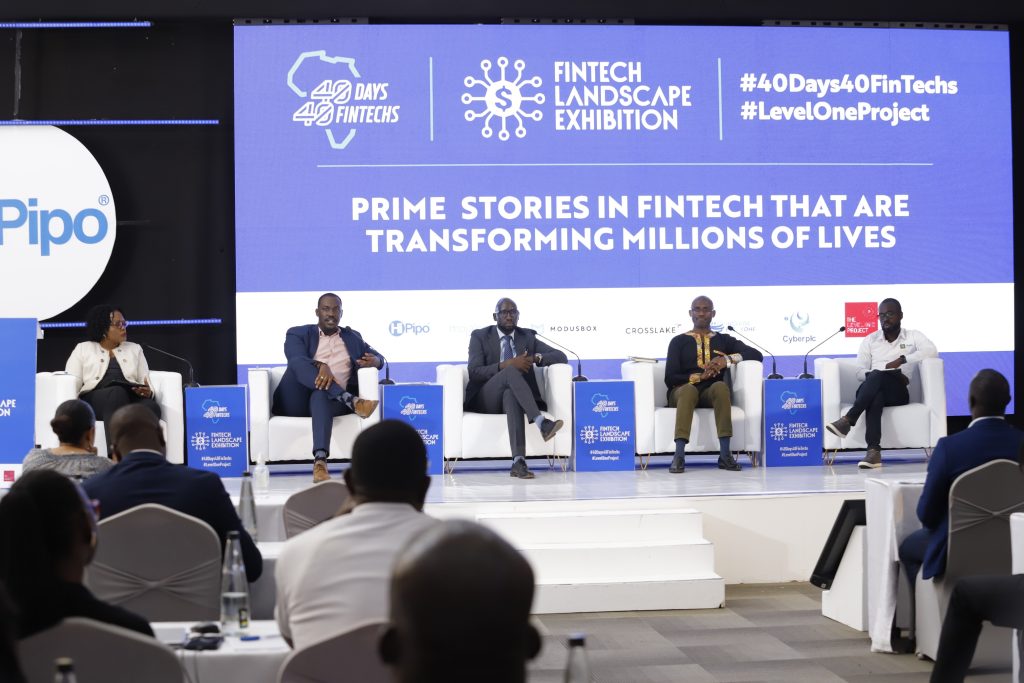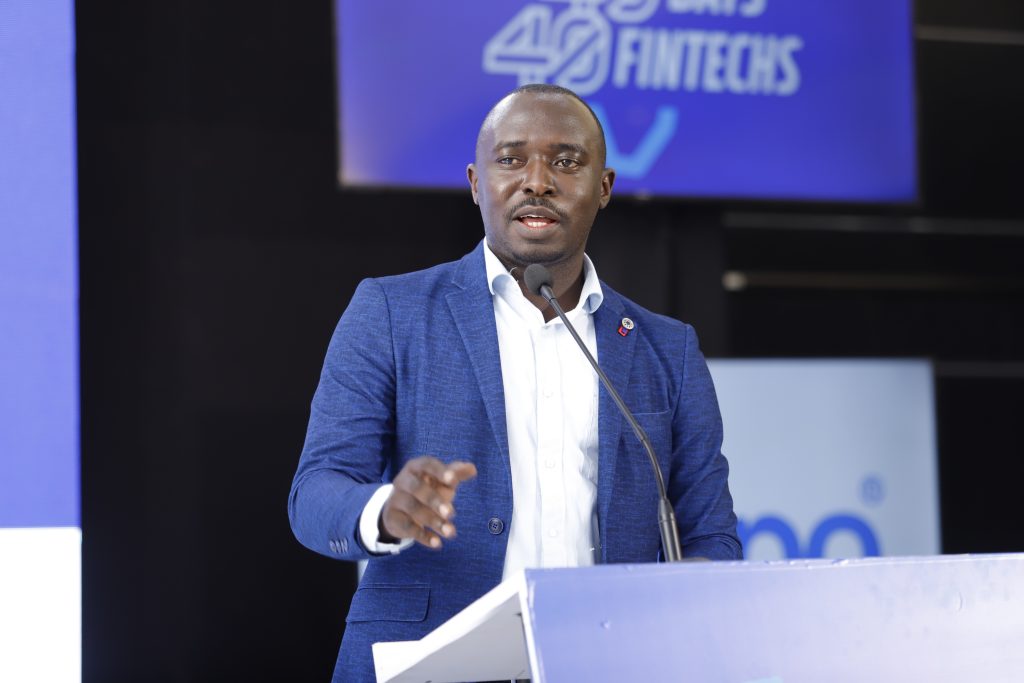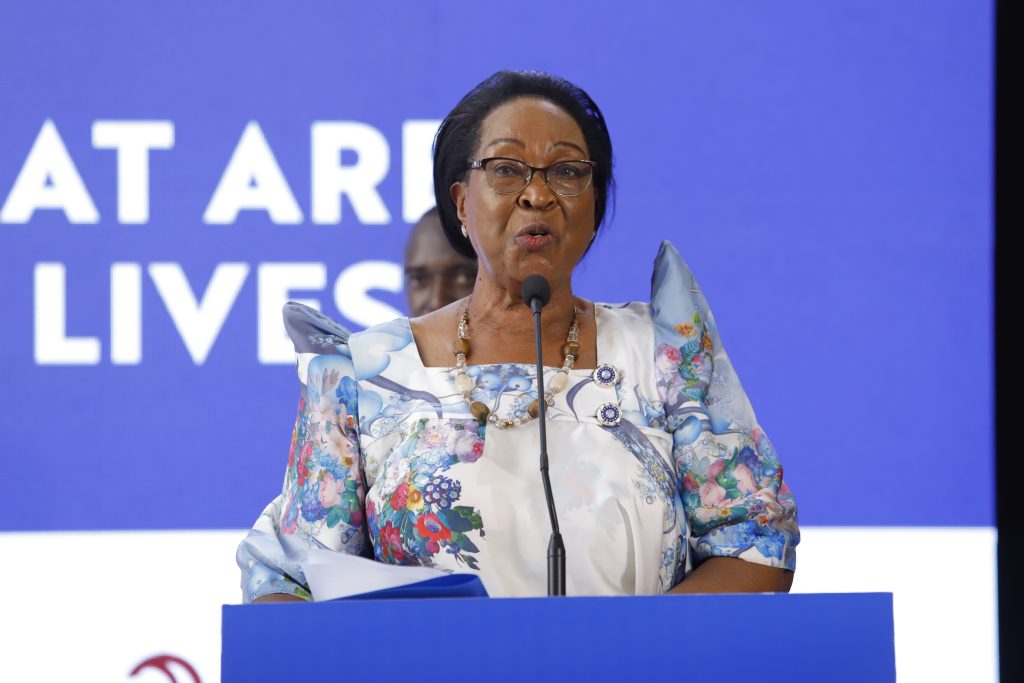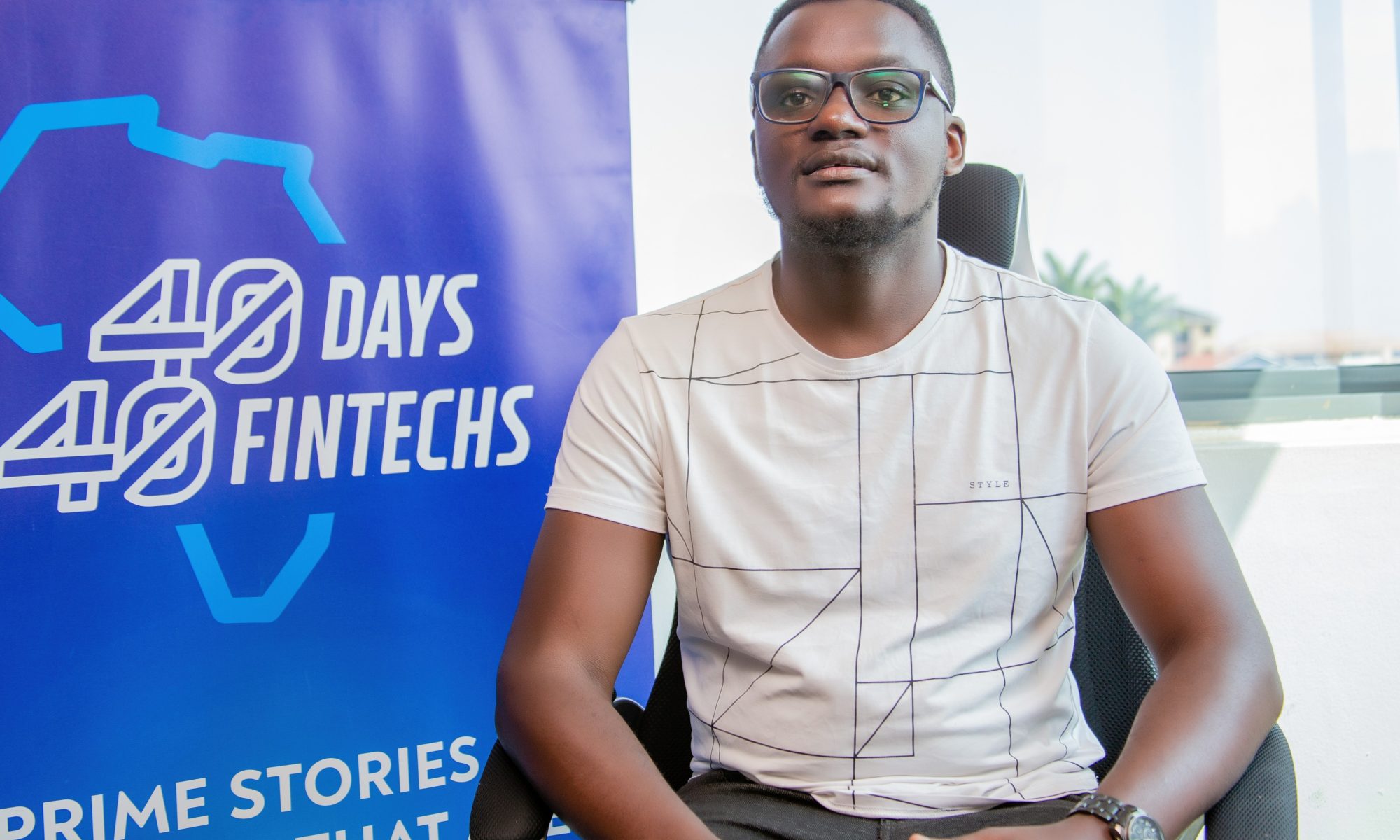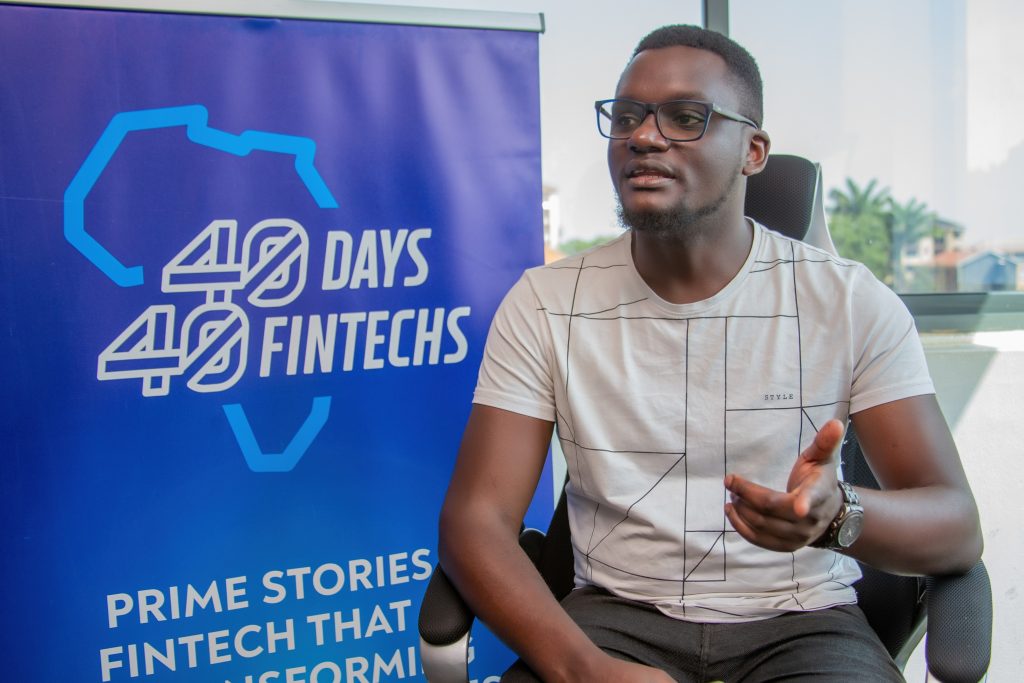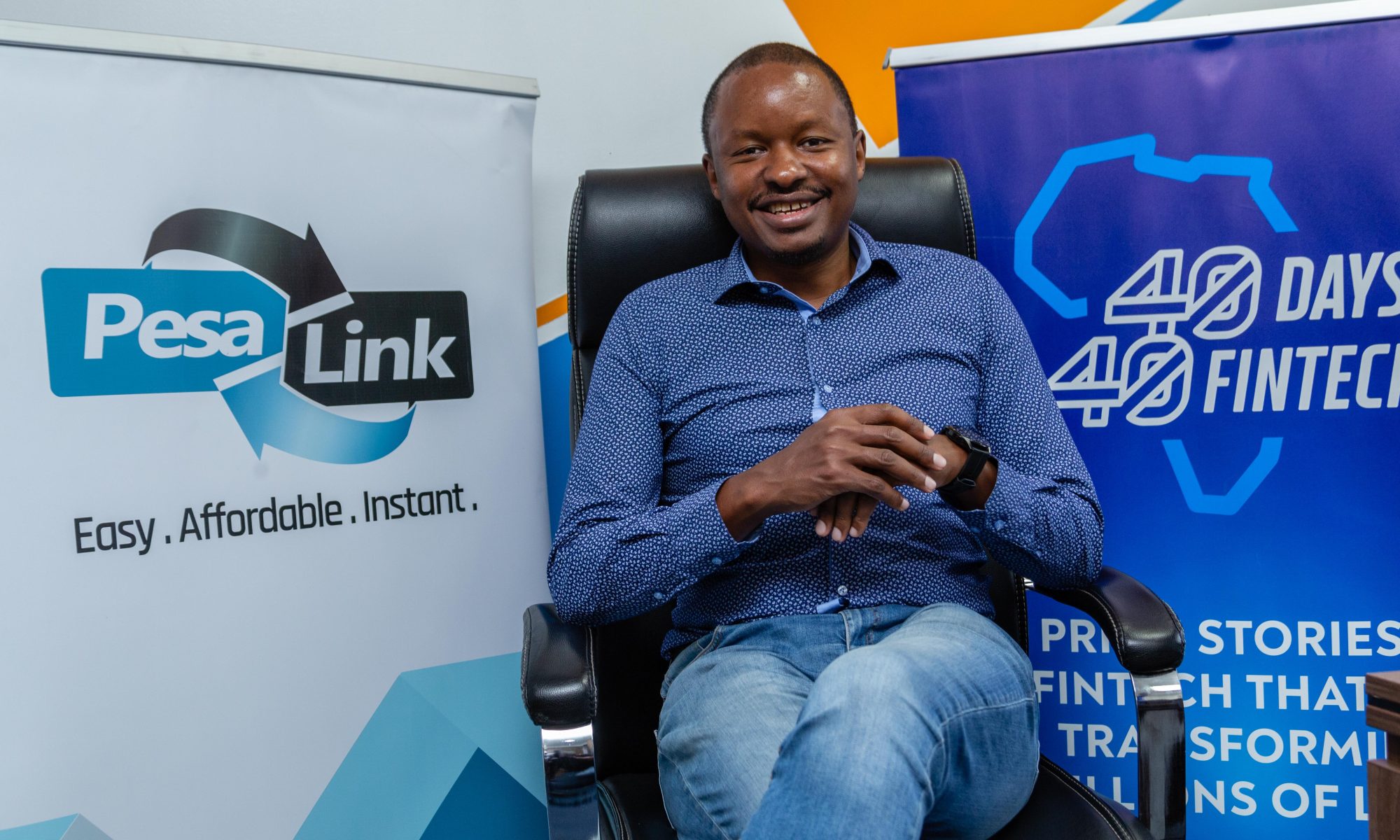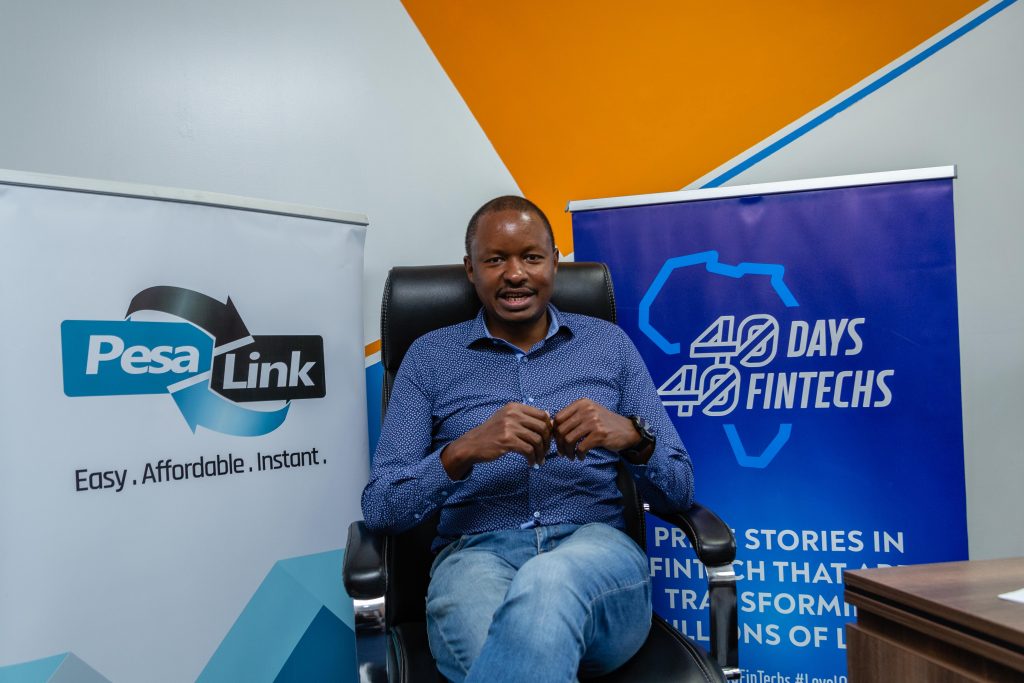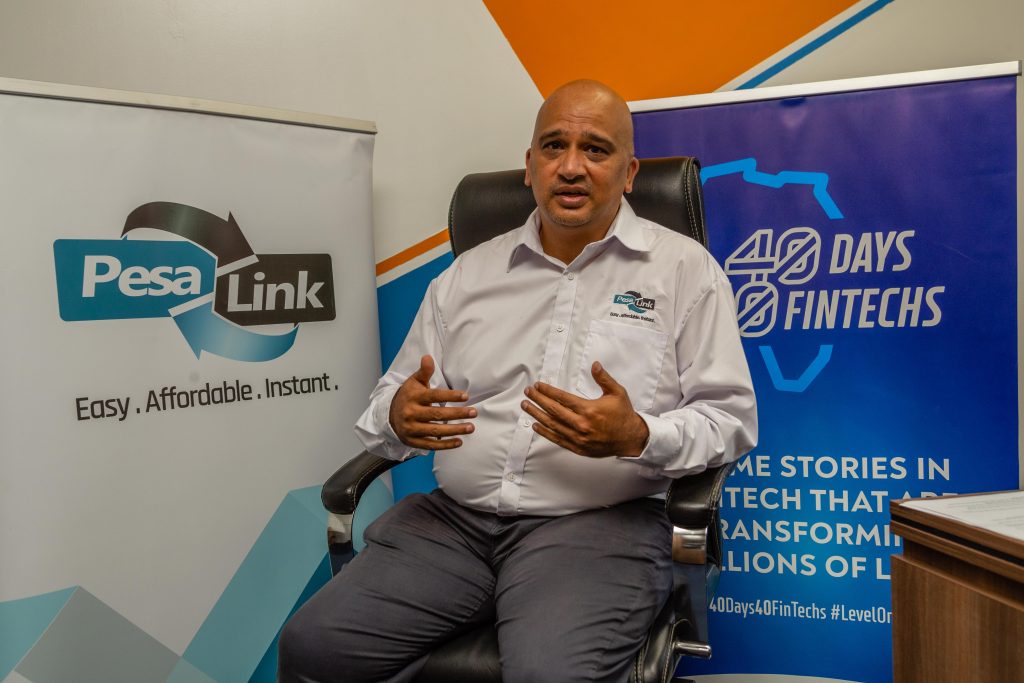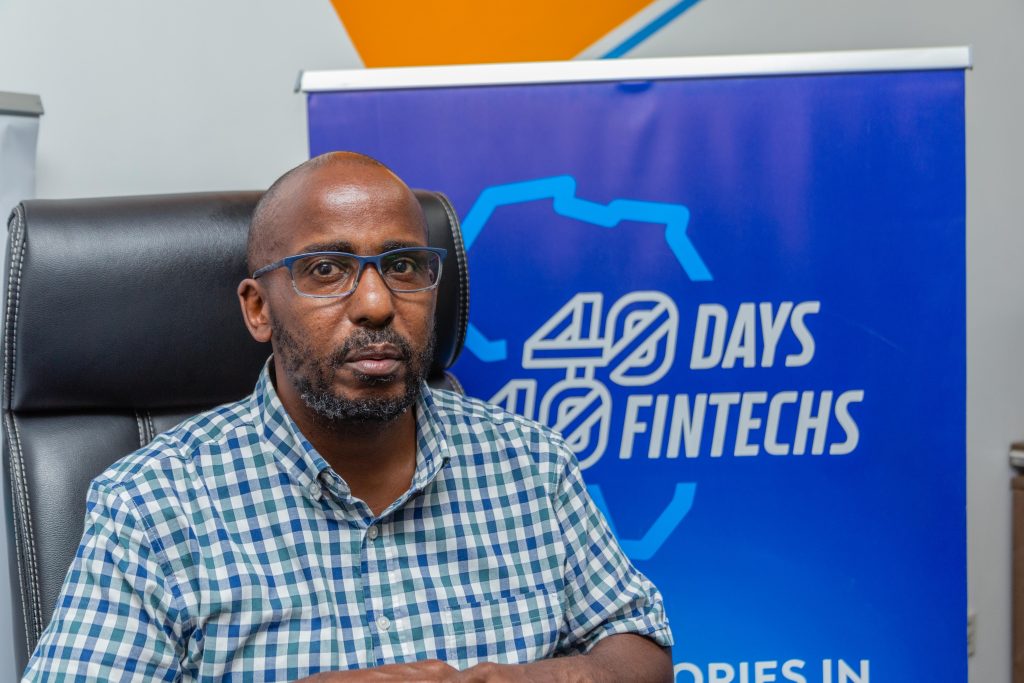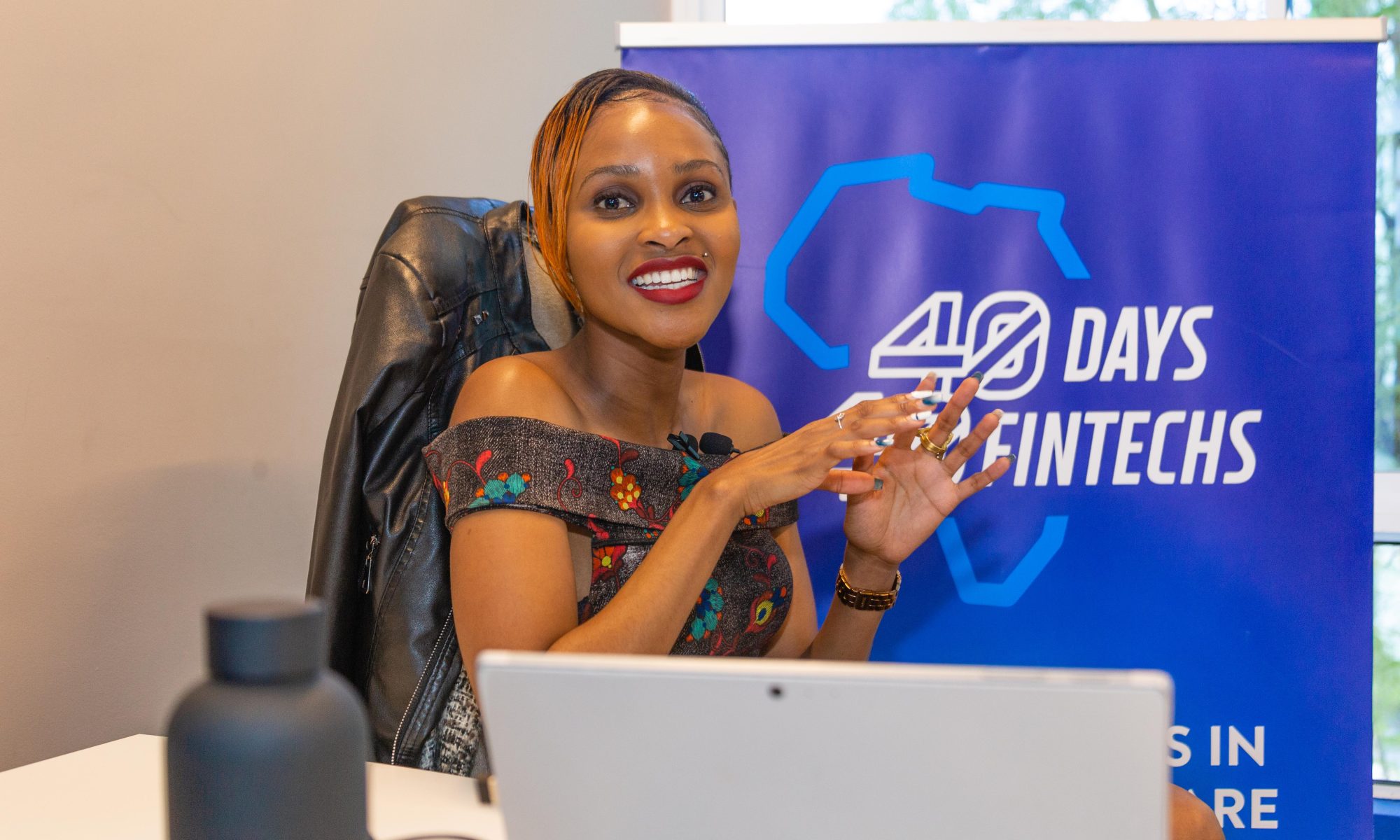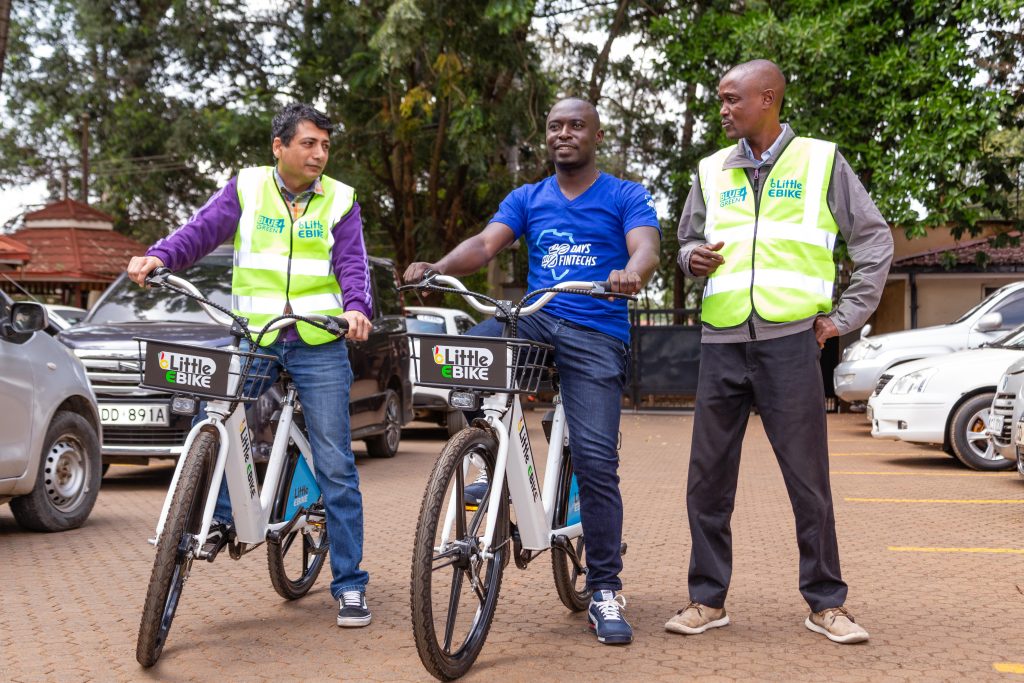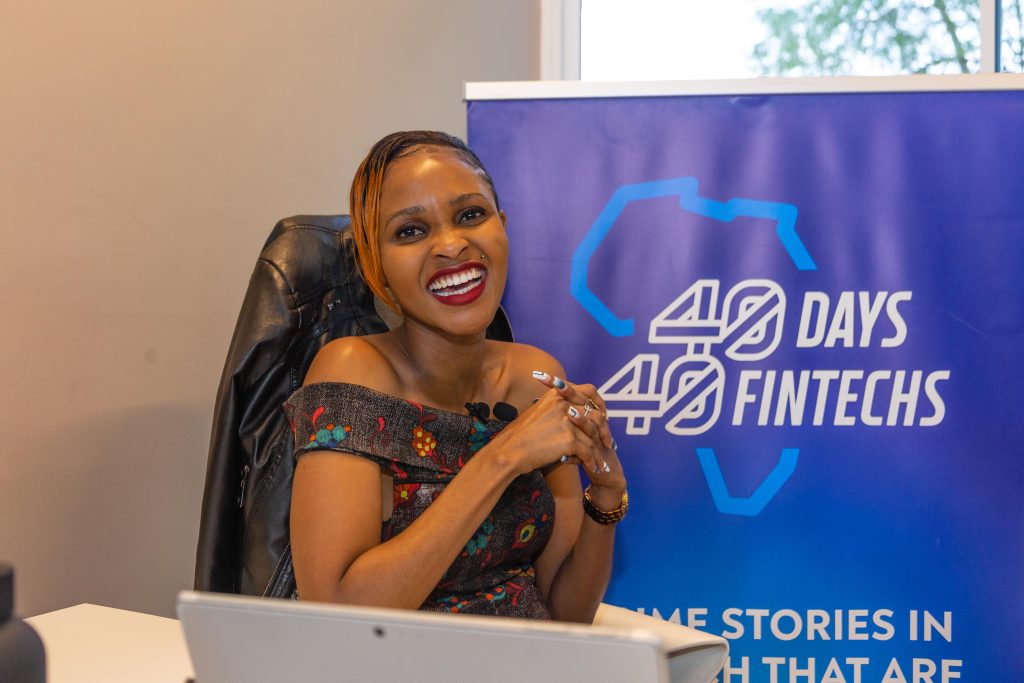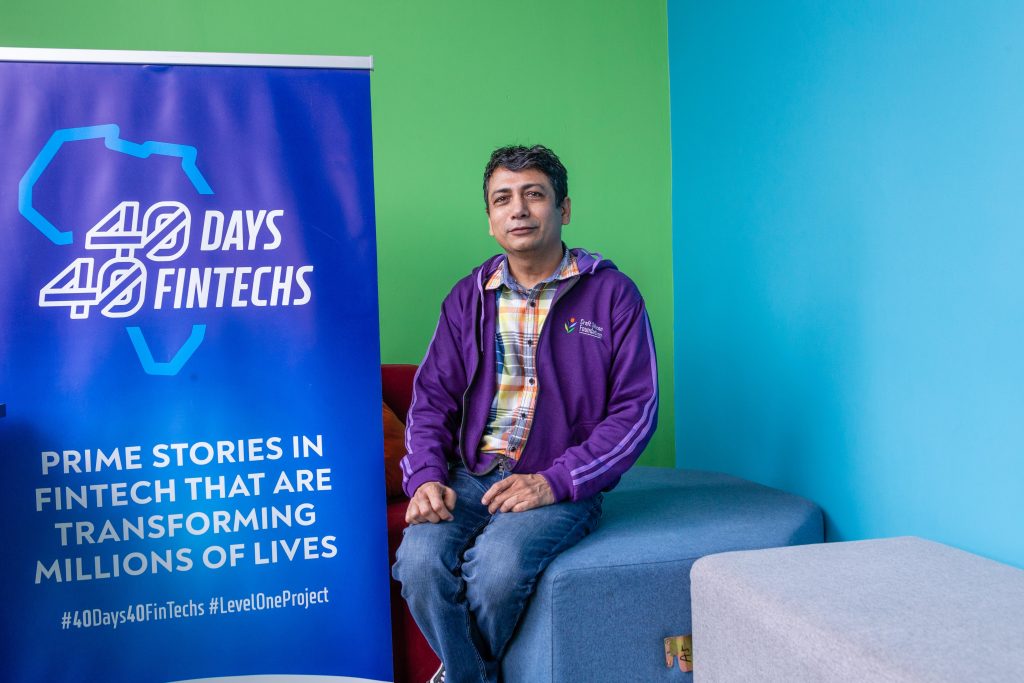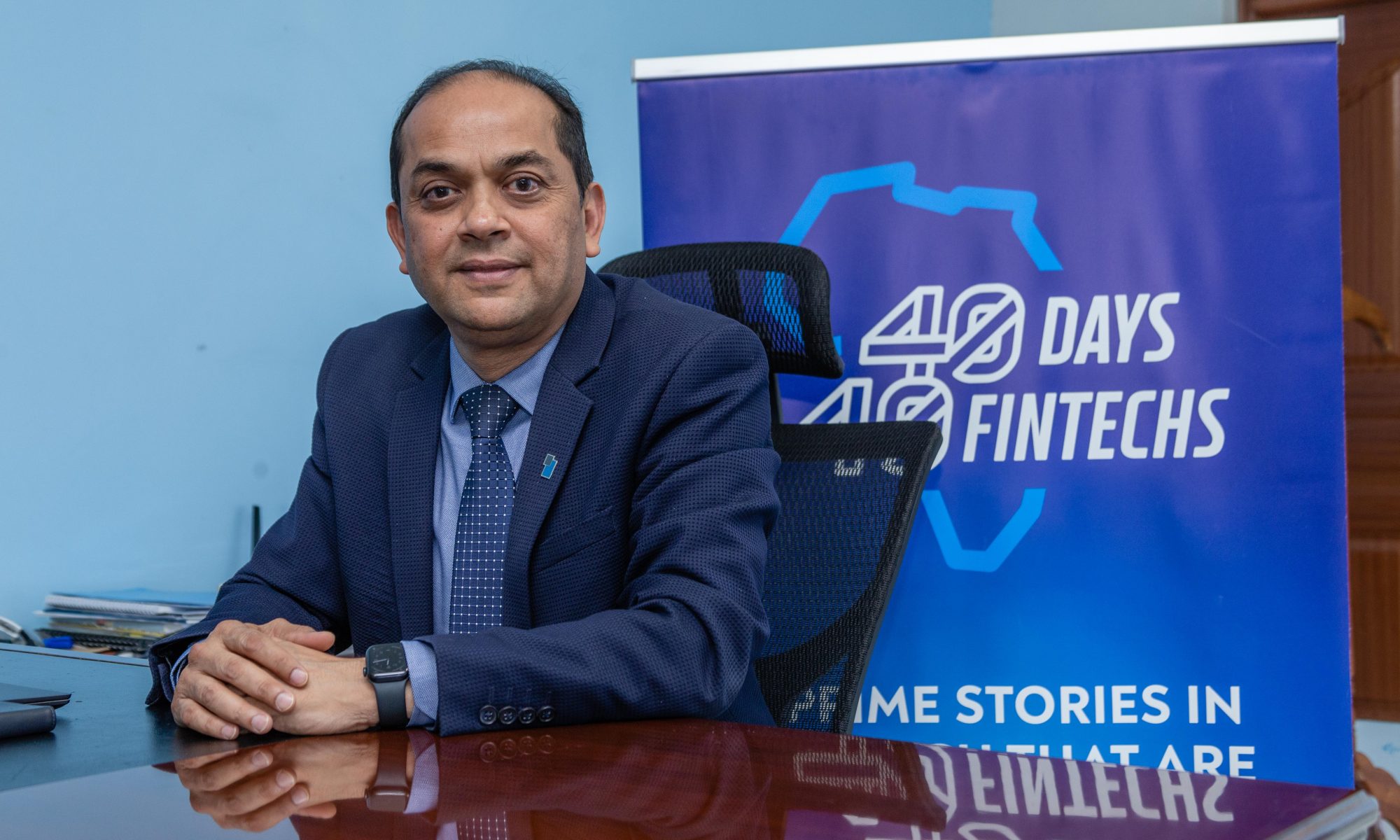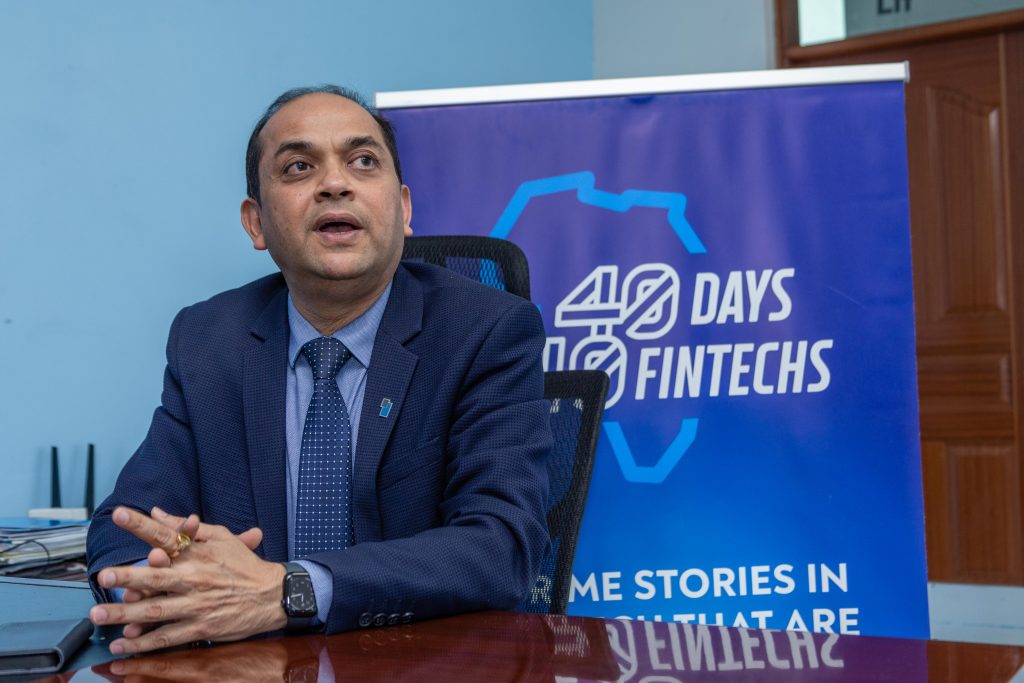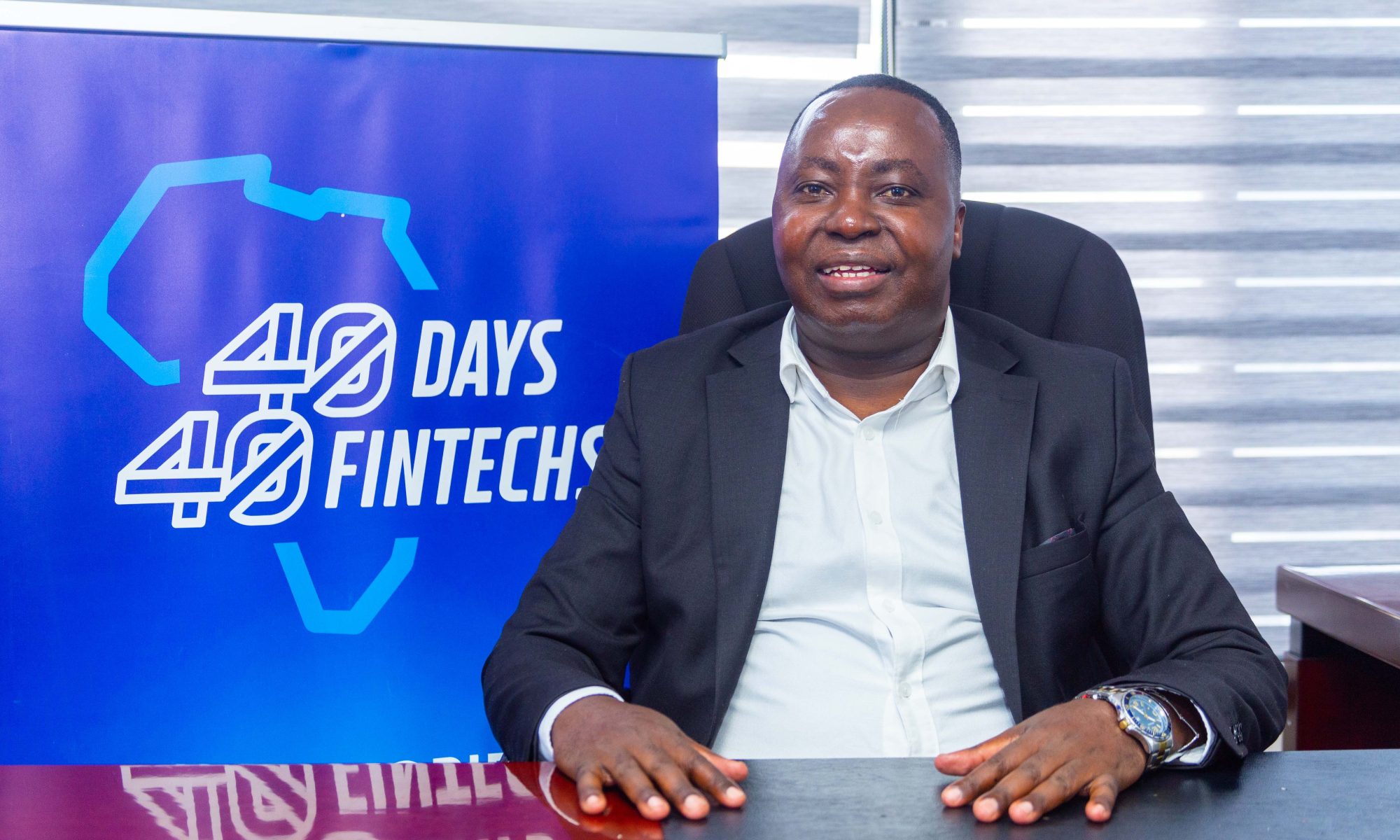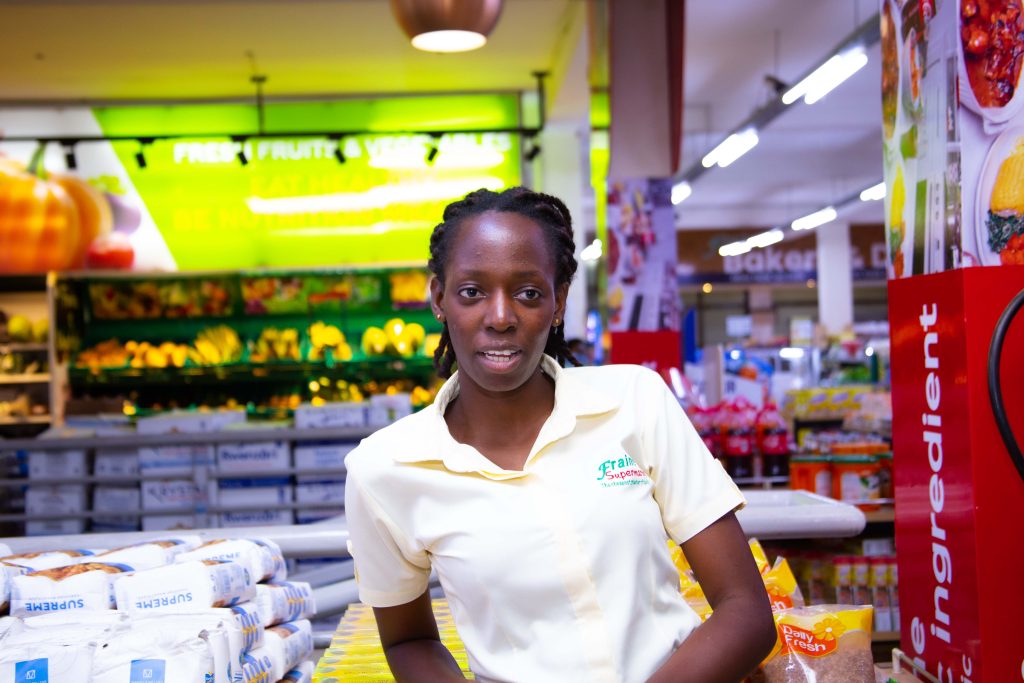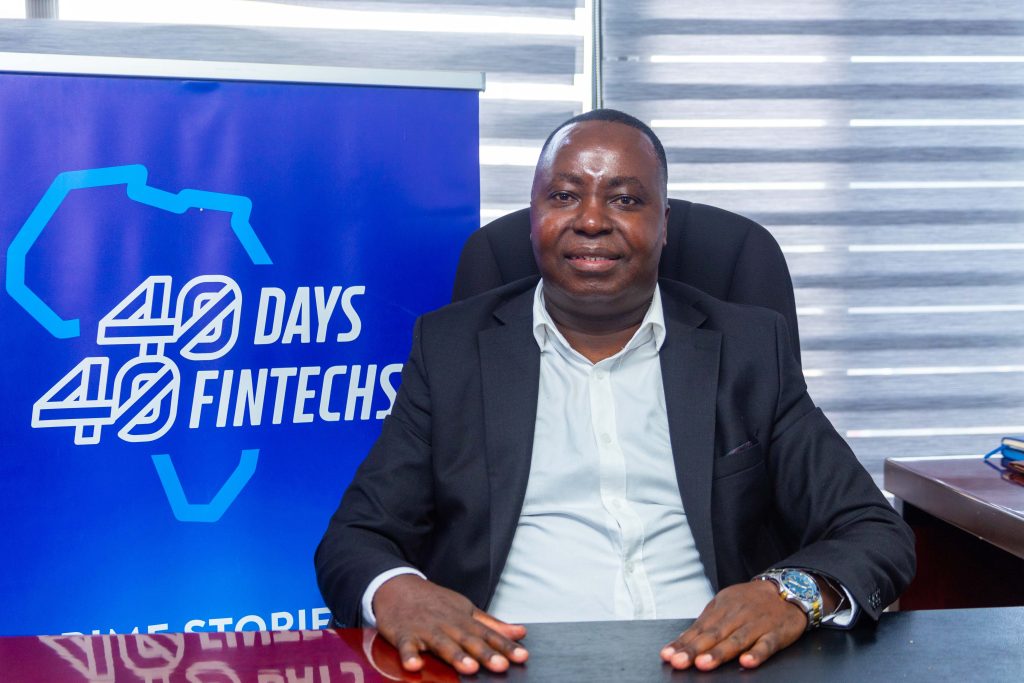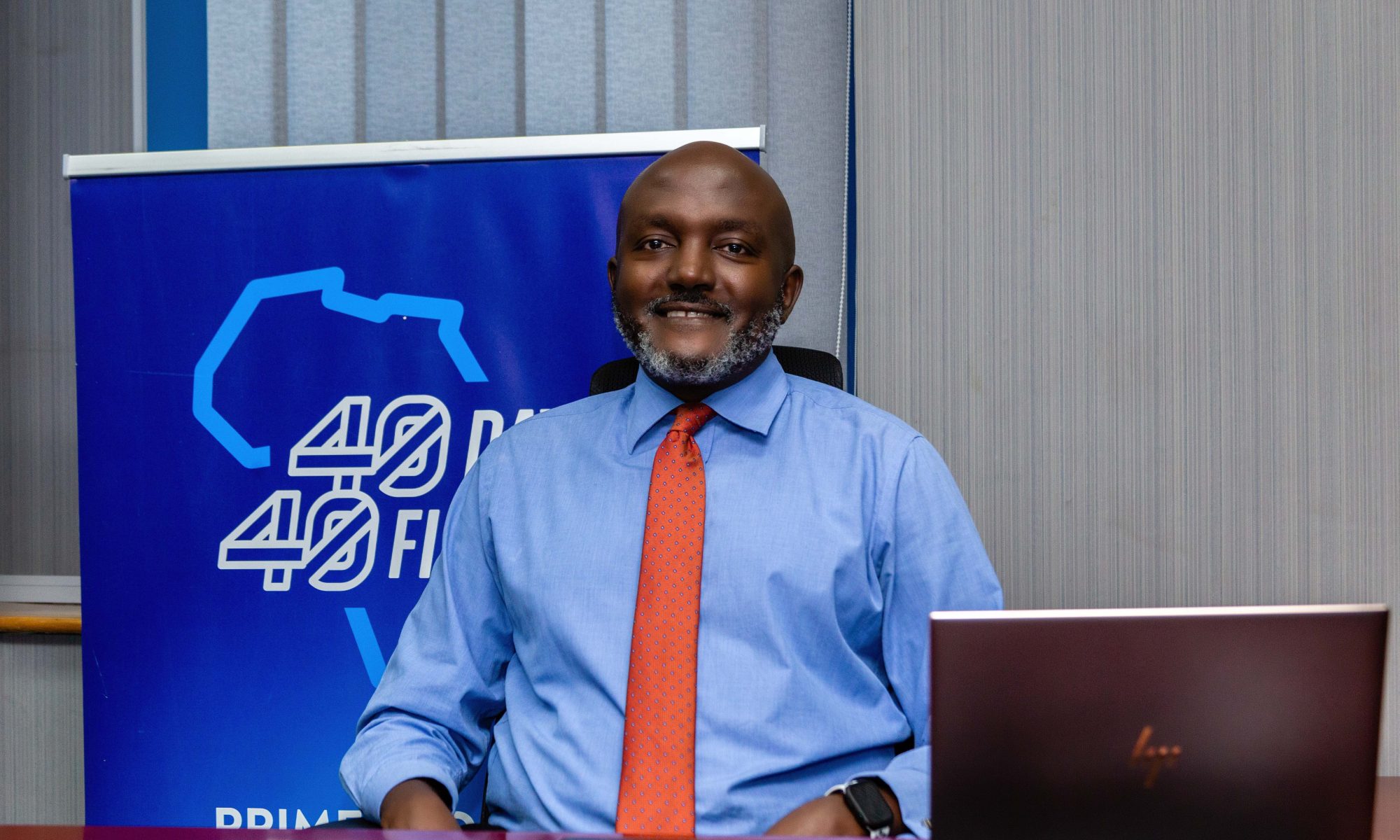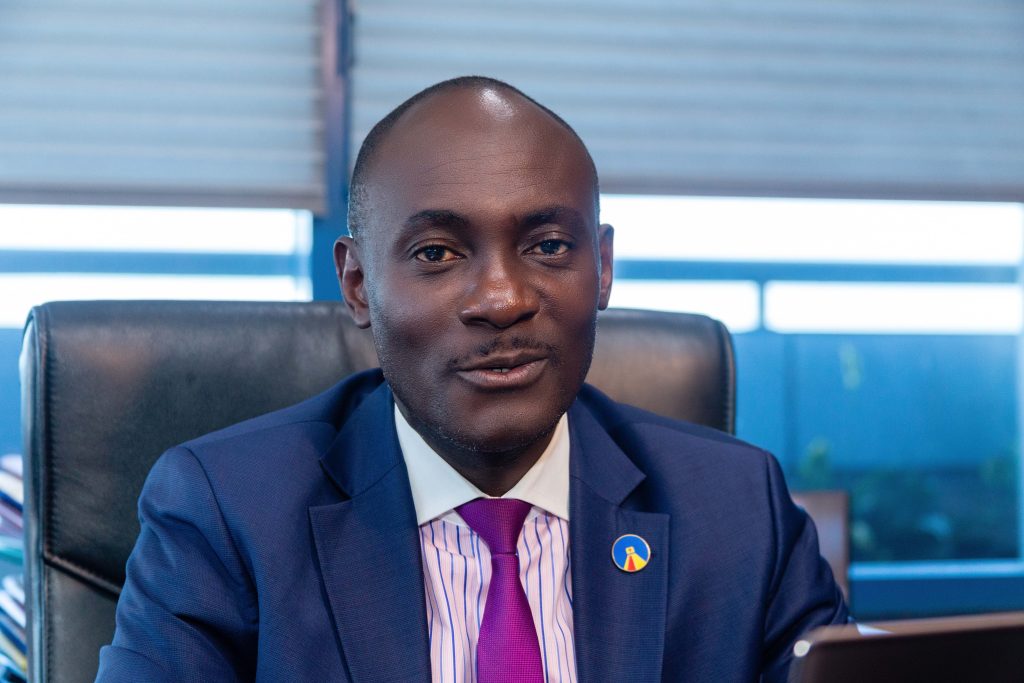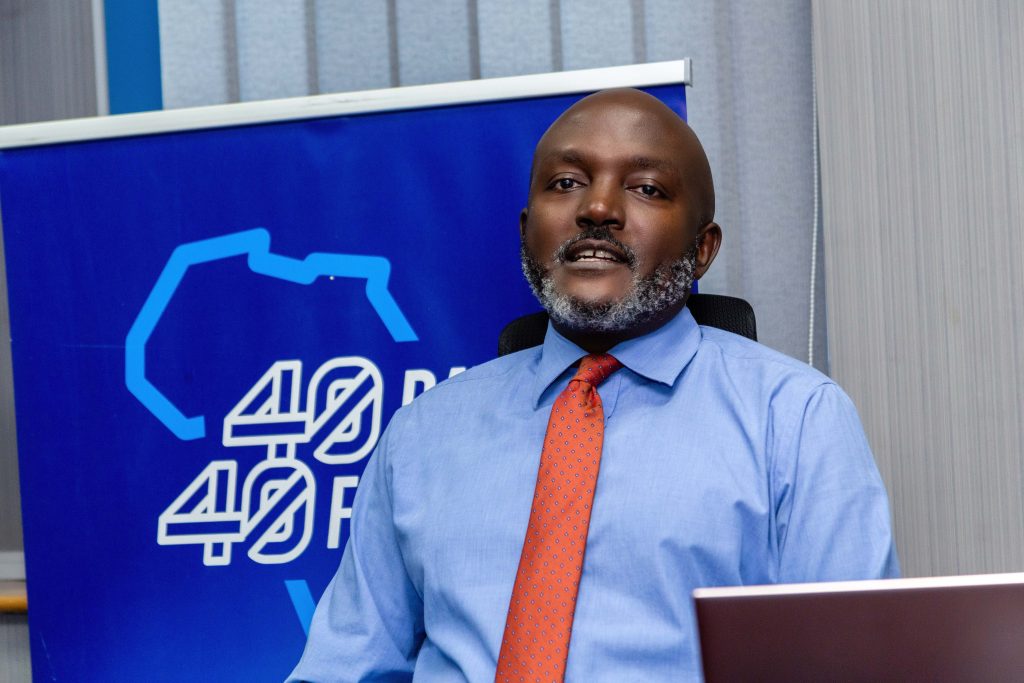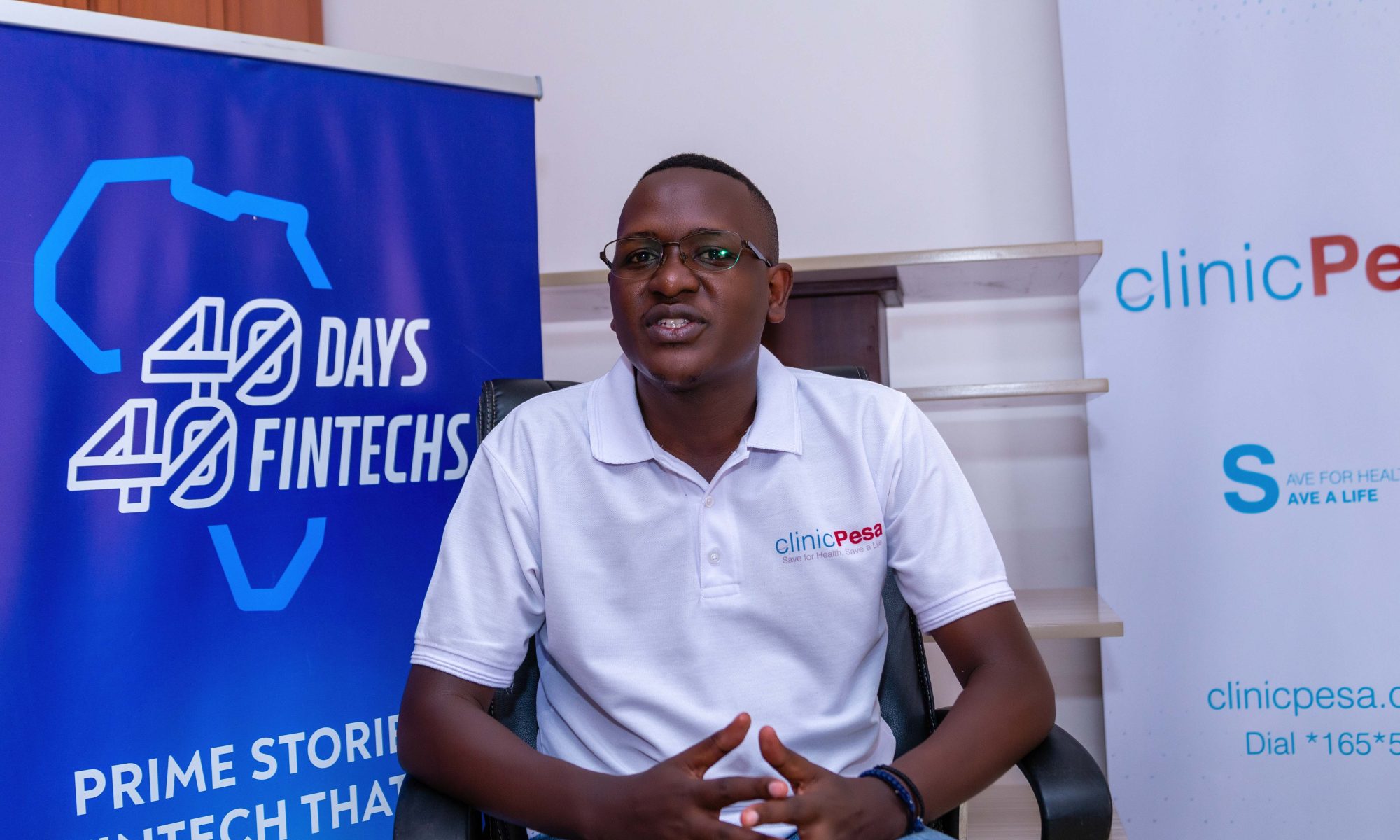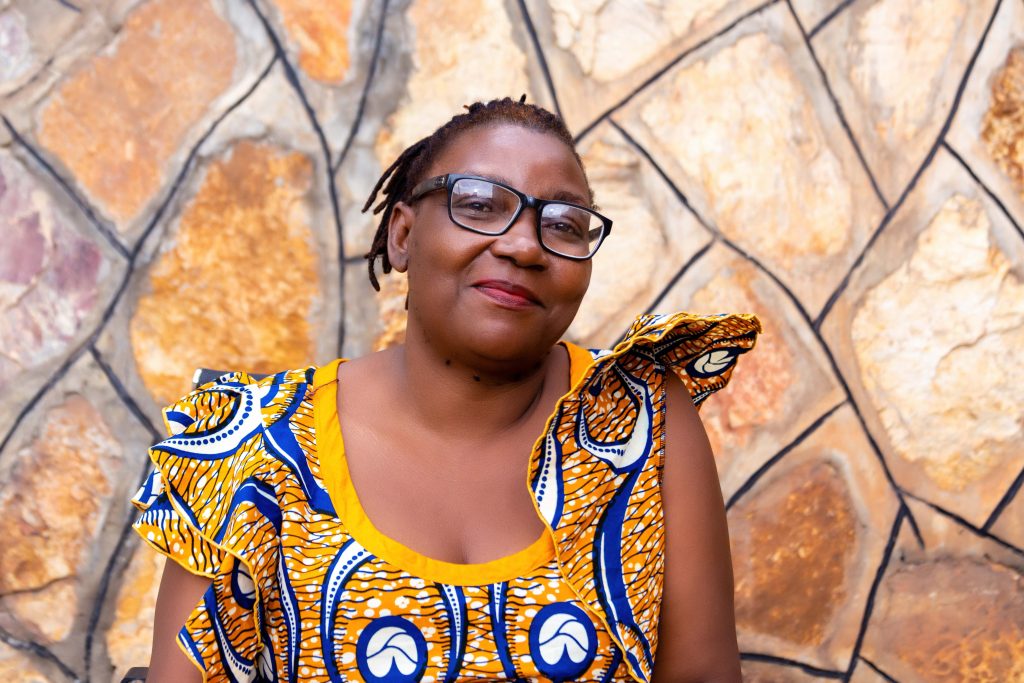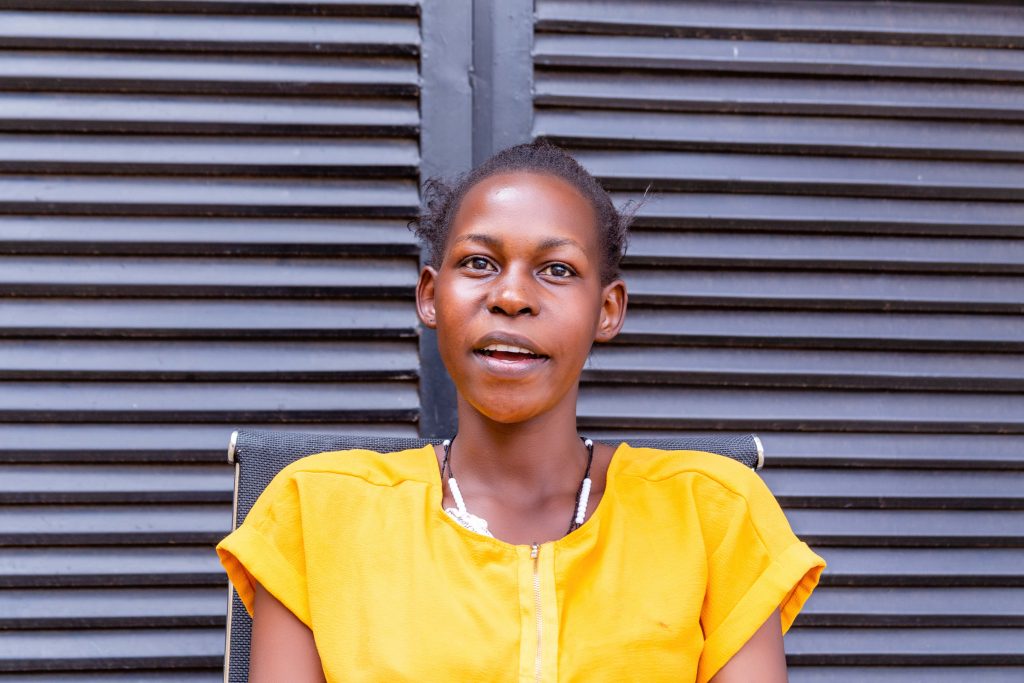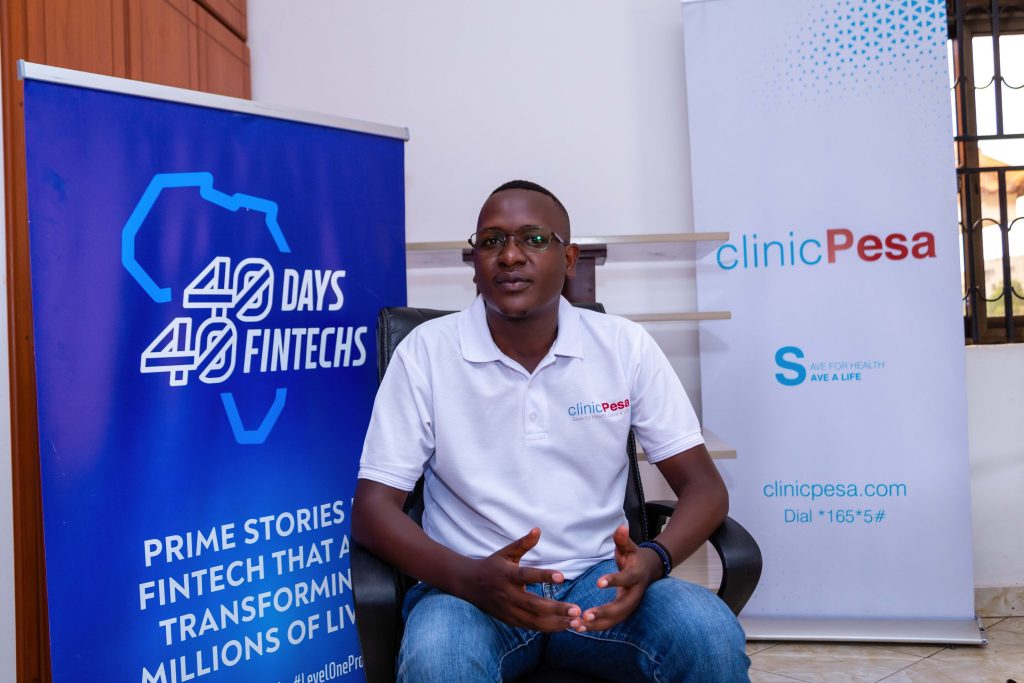Kampala, Uganda. In 2014, HiPipo unveiled the Digital Impact Awards Africa (DIAA), a prestigious platform dedicated to recognizing and celebrating the epitome of African innovation in digital technology, financial inclusion, and cybersecurity advancement.
From its inception, the Digital Impact Awards Africa (DIAA) was met with immense enthusiasm, with the majority of the market recognizing it as an initiative poised to elevate the industry to new heights. Despite this optimism, questions were raised about its sustainability. Skeptics drew parallels with earlier initiatives that, like the DIAA, began with considerable market excitement, only to fade away prematurely. Yet, the DIAA has persevered, defying these predictions and cementing its role in leading the industry’s progress.
Indeed, the Digital Impact Awards Africa (DIAA) has not merely weathered the passage of time, but it has significantly transformed Africa’s trajectory in digital and financial inclusion. With each passing year, the DIAA continues to make groundbreaking strides, redefining expectations and leading the charge towards a digitally inclusive future for all of Africa.
Innocent Kawooya, the CEO of HiPipo, expressed his feelings of anticipation and accomplishment, saying, “From the inception of our journey, we held a vision to significantly contribute to Africa’s digital and financial inclusion journey. We aimed to not only spotlighting the innovative products and services that are transforming millions of lives but also to honor the remarkable individuals behind these achievements. Today, we stand at the dawn of a decade that has witnessed this vision come to life. Our accomplishments fill us with pride, yet our eyes are firmly set on the future, committed to scaling new heights. We acknowledge that the road to universal digital and financial inclusion requires relentless efforts. In this pursuit, we have been fortunate to have the unwavering support of dedicated partners like the Gates Foundation, whose contributions have been instrumental to our progress. As we move forward, we pledge to continue making strides towards a digitally inclusive future for Africa.”
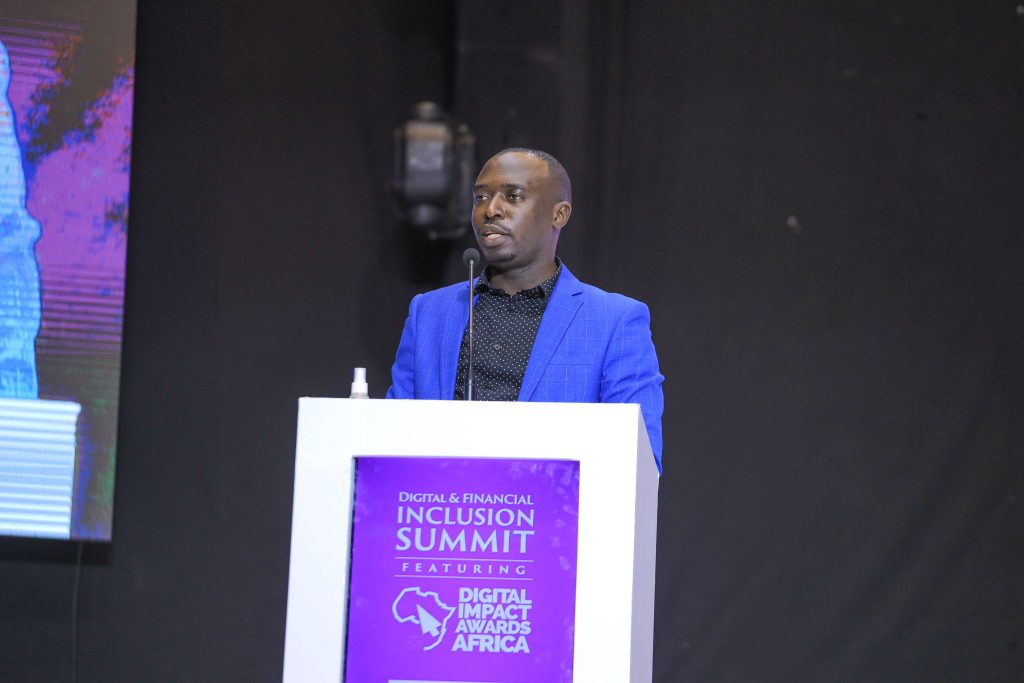
Kawooya further expressed his gratitude, stating: “Our sincere appreciation goes out to the over 500 companies that have engaged in this initiative over the years, collectively fueling its success. We wish to extend a special commendation to our invaluable partners whose faith in this endeavor has been unwavering. This remarkable milestone is a testament to your belief in our mission, and we simply could not have reached this point without your steadfast support.”
Celebrating a decade of transformation, the 10th edition of the Digital Impact Awards Africa is slated for 17th November 2023 at Kampala Serena Hotel as part of the annual Digital and Financial Inclusion Summit.
Digital Impact Awards Africa is a platform that promotes Digital Inclusion, Financial Inclusion, and Cyber Security. The Awards recognize and celebrate stakeholders that are spearheading the use of digital mediums to serve communities. They further celebrate digital excellence across the continent; big or small, local or international.
On the other hand, the Digital and Financial Inclusion Summit explores strategic trends and technologies that are shaping the future of Digital, ICTs, and Business. Special attention is paid to the safety of customers’ funds and the security of platforms in the Digital Financial Services ecosystem.
The 2023 summit will bring together hundreds of delegates including C-Level executives that are spearheading the scaling, adoption, and usage of digital and financial services across Africa, policymakers, young entrepreneurs, and innovators in the Digital and Financial Inclusion ecosystem. The summit will shine a spotlight on how businesses have recovered from the disruptive impact of the COVID-19 pandemic, and Cyber Security threats among other topics.
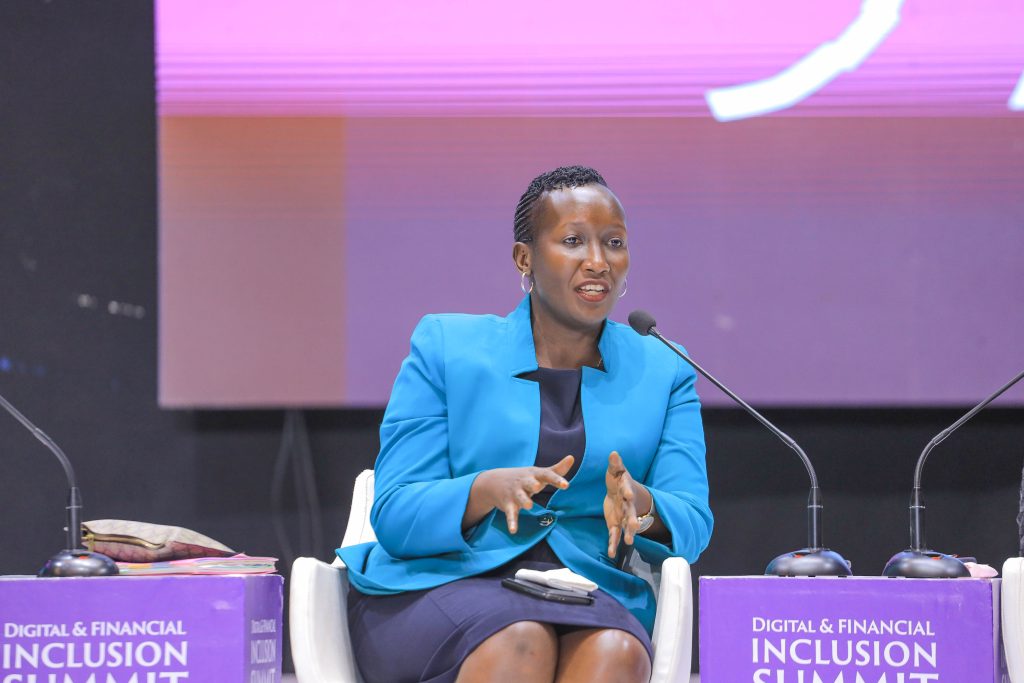
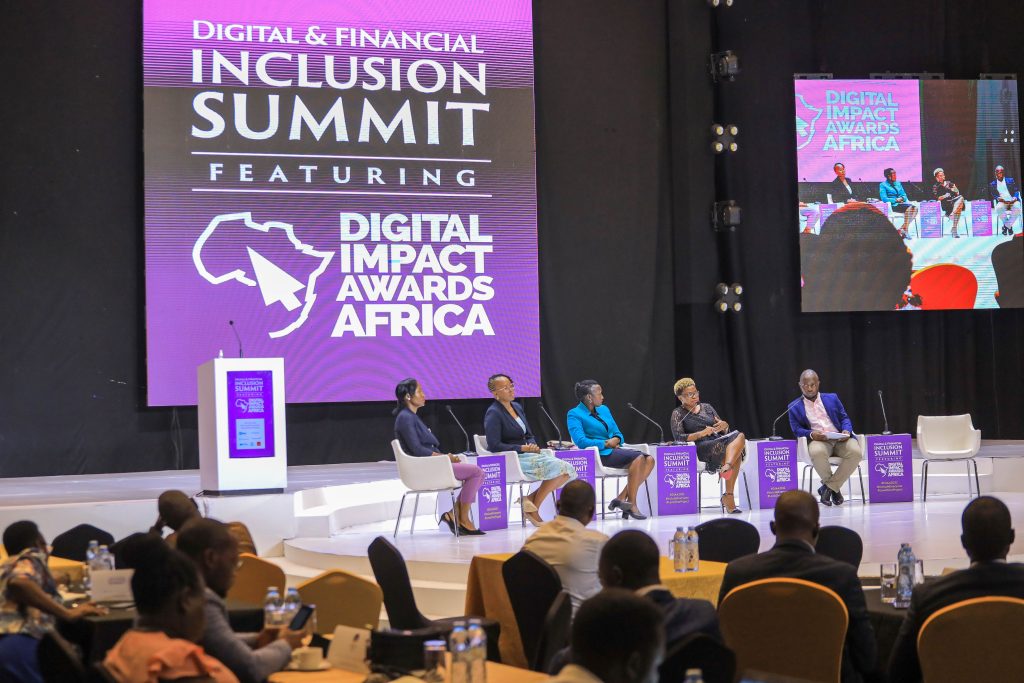
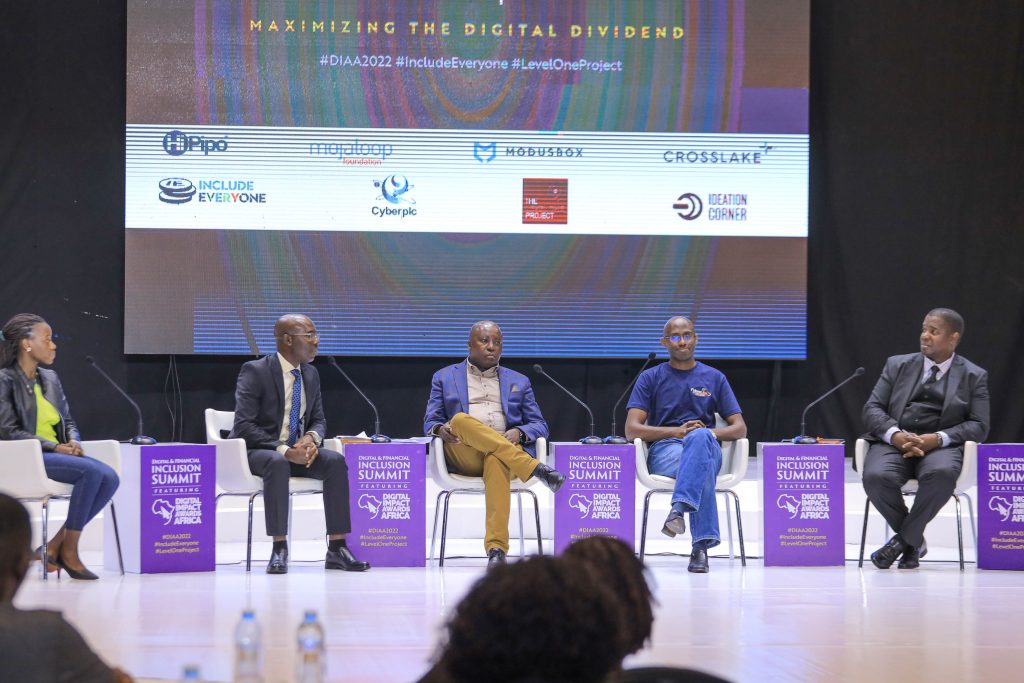
It will have more than 50 speakers from government, multinationals, large enterprises, small and mid-sized enterprises, and start-ups. Additionally, the summit will offer a platform for informal businesses (like market vendors, smallholder farmers, sole proprietors, public transporters, e-commerce delivery agents, etc.)
Both the Digital Impact Awards Africa and Digital and Financial Inclusion Summit are organized by HiPipo in partnership with Level One Project, Mojaloop Foundation, INFITX, Cyberplc Academy, Ideation Corner, and Crosslake Technologies and generously supported by the Bill and Melinda Gates Foundation.
Submit your #DIAA2023 nominations today.
With an air of anticipation and excitement, we officially embark on the journey towards the 2023 Digital Impact Awards Africa, beginning with an open call for nominations. Join us in recognizing and celebrating those who are boldly shaping the digital landscape of Africa.
This call marks the start of a comprehensive Digital Impact Awards Africa entry submission and validation process that will run until October 10th, 2023. This will be followed by the release of a list of nominees, Jury assessment, and a rollout of public voting from October 17th until November 17th when the grand finale will be held.
List of categories open for nomination:
- Financial Inclusion Excellence
- Digital Banking Excellence
- Banking Innovation Excellence
- Community/MFI Banking Innovation Excellence
- FinTech Innovation Excellence
- Financial Services Digital Excellence
- Consumer Goods Digital Excellence
- Utilities and Government Services Digital Excellence
- Technology Services Digital Excellence
- Digital Campaign Excellence
- CEO of the Year
- Digital Brand of the Year
- Digital Brand of the Decade – 2014 to 2023
- Community Digital Empowerment Excellence
Visit www.digital-impact-awards.com to submit your nomination.
Both the summit and awards are using these 3 official tags; #IncludeEveryone #DIAA2023 #LevelOneProject.

